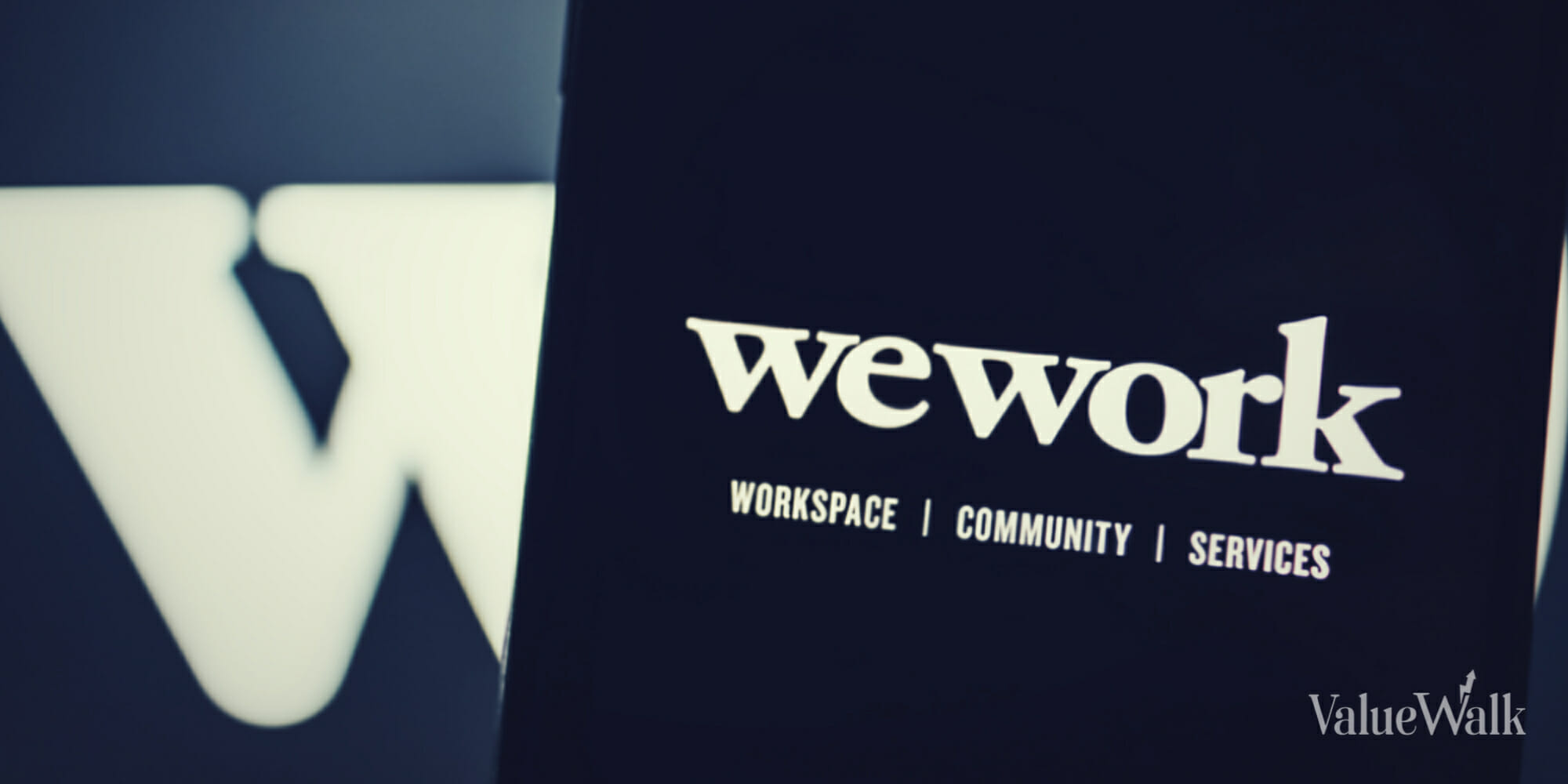When the other shoe drops, it can drop hard. That’s what happened on the first day of November as WeWork (NYSE:WE) stock lost half of its value in a single trading session. Many investors got burned, but were any lessons learned?
The signs of trouble were there all along, really. Yet, from the speculative fervor of 2021 arose an initial public offering (IPO) rife with hope and hype. Fast-forward to 2023’s final months, and at long last, the other shoe dropped — and so did WeWork stock.
An era of SPAC-ulation
It’s funny how market fads can come and go so quickly. Remember non-fungible tokens (NFTs) and 3D printing? Weren’t those supposed to change the economy and life as we know it?
In 2021, during the post-COVID-19 recovery, the Federal Reserve flooded the banking system with liquidity and kept interest rates at rock bottom. This enabled a slew of speculative business ventures, many of which should never have been capitalized.
With the low-interest-rate environment came the market’s next shiny object: the SPAC, or special purpose acquisition company. This is just a shell company with no meaningful operations, and its sole purpose is to circumvent the lengthy traditional IPO process and quickly bring a startup onto the publicly traded stock market.
Only amid this hype-fueled, easy-money backdrop could a startup like WeWork generate so much excitement. WeWork went public through a SPAC transaction in 2021, and WE stock shot up 13% on the day of the IPO.
WeWork had actually attempted an IPO in 2019, but it was shelved as questions about its finances and founder Adam Neumann’s leadership circulated. However, by 2021, SPAC mania was in full swing, and confidence flowed like champagne.
“This company is here, is stronger than ever, and no doubt that we’re going to be celebrating many more milestones,” declared WeWork Executive Chairman Marcelo Claure at that time.
WeWork just didn’t work
Again, when capital is cheap and easily accessible, anything seems possible. WeWork is in the business of providing what might be called flexible workspaces. Apparently, Millennials and Generation Z can’t tolerate traditional offices, so WeWork catered to their wants and needs with offices that basically looked like Starbucks (NASDAQ:SBUX) coffee shops.
I guess you might call it “hipster chic” office spaces. Still, those famous last words applied to many over-hyped startups in 2021: “It seemed like a good idea at the time.”
Besides, Neumann had unruly hair, and that was surely a sign of unconventional genius at work. It’s the same line of thinking that convinced big-money financiers to back FTX founder Samuel Bankman-Fried.
Today, Japanese investment giant SoftBank (OTCMKTS:SFTBY) is undoubtedly embarrassed about having sunk billions of dollars into WeWork. At this point, it’s unlikely that SoftBank will ever recoup its losses on this once seemingly promising startup.
Apparently, the flexible workspaces concept didn’t pan out in the real world. Granted, it’s certainly not WeWork’s fault that the Federal Reserve hiked interest rates and the commercial real estate market came under pressure.
Yet, both WeWork and SoftBank should have been better prepared for the possibility of an end to easy-money policy. Better yet, they shouldn’t have thought that trying to commercialize flexible workspaces was a viable idea in the first place.
The dreaded but inevitable Chapter 11 filing
WeWork’s likely imminent bankruptcy filing might have caught some investors off guard, but it shouldn’t be all that surprising. Really, it’s just the final chapter in a story that never should have gone on for as long as it did.
It wasn’t hard to spot the signs. In August, WeWork raised “substantial doubt” about its ability to continue operations. Moreover, a number of key WeWork executives, including CEO Sandeep Mathrani, have left the company over the past couple of years.
The company’s heavy debt burden was also a glaring red flag. As of the end of June, WeWork had $2.9 billion worth of long-term debt on its balance sheet. Additionally, WeWork reportedly withheld the interest payments on its senior notes (i.e., corporate bonds) with 2025 maturity dates, which were due on Nov. 1.
Somehow, I’m having difficulty feeling sorry for SoftBank, which may end up losing most or all of the capital it invested in WeWork. However, I do have some sympathy for retail investors who got caught up in the hype phase. Hopefully they won’t repeat the all-too-common error of letting emotions override logic and following the crowd into one alluring abyss after another.





